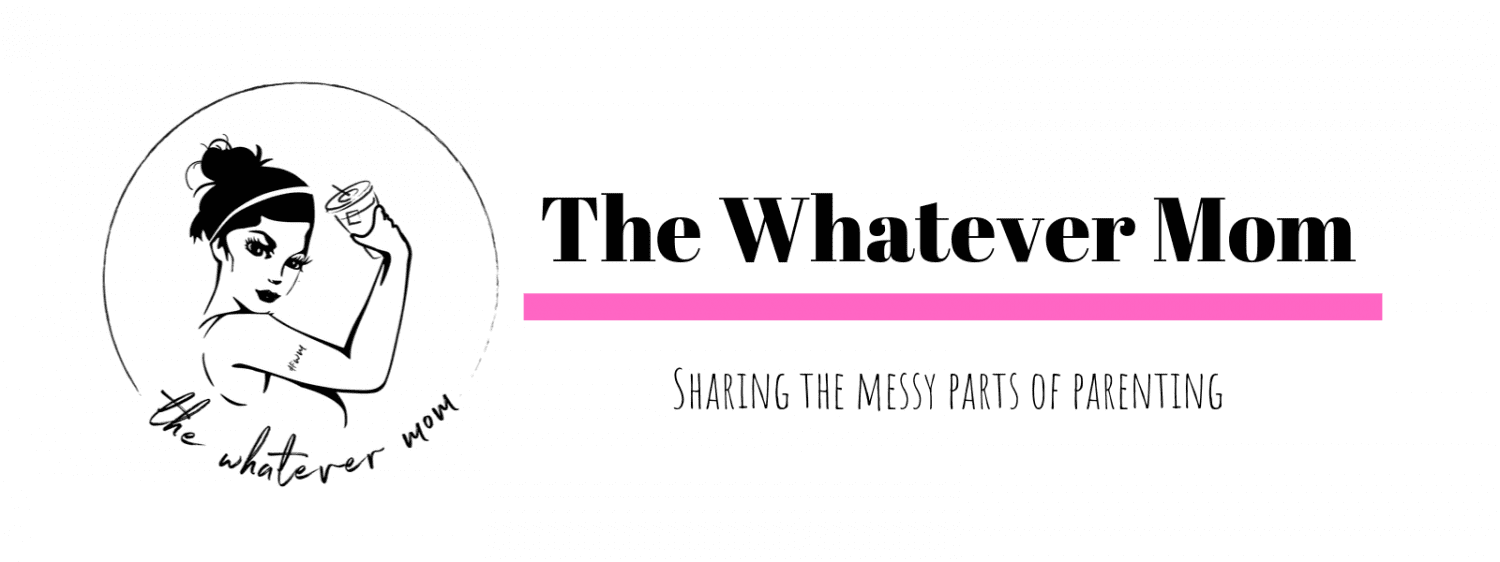
If your social media news feed looks like mine you are seeing a lot of coverage regarding the hurricanes blowing up the coast and destroying small islands. It’s scary and families often do not know what to do to prepare. Hurricane season is typically August through October, and it isn’t something we prepare for regularly. But I do find myself routinely worrying about the security of my home. When the folks at SimpliSafe reached out to share tips on how to prepare my family for disaster, or an emergency, I thought it would be a great idea to share their tips with all of you.
This post contains #affiliate links that are safe for you to use. This does not change the price of the product, nor am I in any way responsible for your interactions with the seller.
5 Emergency Preparations Your Family Should Work On This September
In a world where it feels like there’s an official month, week, or day for everything, here’s one more occasion to add to your list of things to celebrate. September is National Preparedness Month – a month to get your family and home prepped for emergencies. Here are some ways you can begin making sure your family is prepared this month.
1. Find resources that could help you. The first resources you can set up are emergency alerts. They’re quick to set up and will send text updates to your phone to make you aware of any emergencies that may affect you. Try to follow accounts on social media like BBC World News, SimpliSafe, and AccuWeather for quick updates on safety and weather. Put together a list of phone numbers, websites, and addresses of resources for emergencies in your area such as the local police and your doctors. Keep this list in a place where everyone in your family can easily access it. After putting together this list, get started on creating an emergency kit. Kits like these are good to keep both in your home and cars. Think about including items like batteries, non-perishable food, and a tool kit.
2. Teach your family about natural disasters. Natural disasters are unfortunately something you don’t have much control over and are often quick to happen. The best you can do to prepare for these is to educate yourself about them and create plans in the case that one occurs near you. Learn about natural disasters that could possibly take place in your area. Find resources for them if there are any near you and share what you learn with your family. Now that you know about the disasters, create a unique plan for each of them. Be sure to keep your family’s needs in mind while creating them. For example, if you have pets, it’s important to consider how you can keep them safe in these situations. Write down your plans for everyone to review and do practice runs of each of them.
3. Practice fire prevention and safety in your home. Just like natural disasters, house fires are typically unexpected. Exercise fire prevention in your home by making sure you all know how to properly use appliances that could lead to fires. Test your smoke detector at least once a month and always have batteries on hand in case they need to be replaced. Create an escape route for every room in the house and practice this plan randomly a few times a year. In the case that a fire does occur, it’s important that your children know how to safely escape and how to react if their clothes catch on fire. There are plenty of resources to make teaching fire safety more fun for kids, like Firefighter Says and coloring sheets. Try calling your local firehouse as well. Firefighters there might have time to teach your family fire safety and show you around the firehouse.
4. Get your older children ready to stay home alone. If you have a child that is old enough to stay home alone, take the steps to make sure they understand how to stay safe. Teach them to safely use potentially dangerous appliances in your home and what to do if someone knocks on the door. Make sure they know where the emergency phone number list is and in what circumstances they should call each number. It’s essential that they know how to correctly lock up the house once you leave as well. If you have a home security system, teach them how to properly arm and disarm it.
5. Make a safe word for your family. Safe words are often overlooked, but are important and have many uses. A safe word can be used to let a family member know that something is wrong or that they need to talk about something bothering them. Create a safe word that others wouldn’t be able to guess – perhaps one of your favorite teacher’s last names or a random city. Talk about instances in which your family might need to use it and what to do if the word is said. Quiz each family member occasionally so no one forgets the word and the plan is in their minds.
What are some ways you prepare your family for emergencies?
The Whatever Mom is a twin mom learning to let go of perfection. She shares her real life struggles with parenting through her blog and contributes her time and talents as a writer to Hudson Valley Parent and Masshole Mommy. When she isn’t writing you can find her chugging coffee, folding laundry and not judging other parents. Don’t forget to subscribe via email so you never miss a blog post again! You can also find her work featured on Mamapedia




![]()
